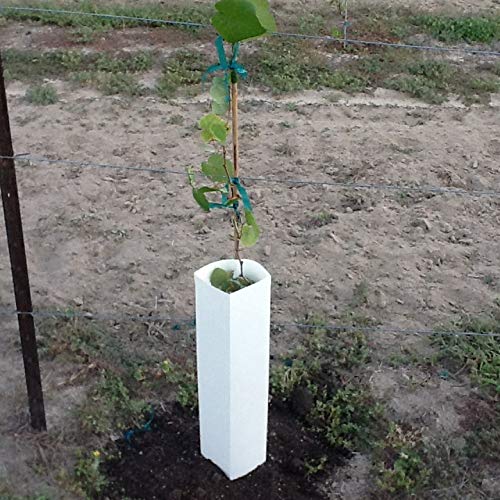I don't think sour grapes was offended. I also wonder what you intended with this thread. I am not offended, just confused. Let me explain why.
You posted saying red wine should be oaked then asked if people agree or not. After only one response you state rather emphatically that all red wine must be oaked. Then you post talking about how the characteristics of the oak on color, stability and clarity should be considered when making the decision to oak, implying that not all red wine should be oaked? That it is still a decision to be decided based on a number of factors? And, if you are so emphatic and "vain" as you say about this topic, why do you want to hear others' opinions? So, I understand why sour grapes may have asked what the purpose of the post was.
But, back to your original premise - "all red wines must be oaked":
Since you asked if we agree or disagree, I will offer my opinion.
I disagree! It depends on the grape, the style and the vintage. Some red grapes, such as Baltica, are best unoaked to allow the young bright cherry flavors to shine. A Marquette, on the other hand, will generally always benefit from oak.
So, I disagree because there are no general rules that will apply to every red grape.





 If I had racked it earlier off the oak it would of been good.
If I had racked it earlier off the oak it would of been good.




![[Upgraded] 9Pcs Tree Root Growing Box with Drain Holes, Half Transparent Plant Rooting Propagation Ball & Metal Core Twist Ties, for Fast Propagation Plants (Size M)](https://m.media-amazon.com/images/I/514MWQxtWOL._SL500_.jpg)










































